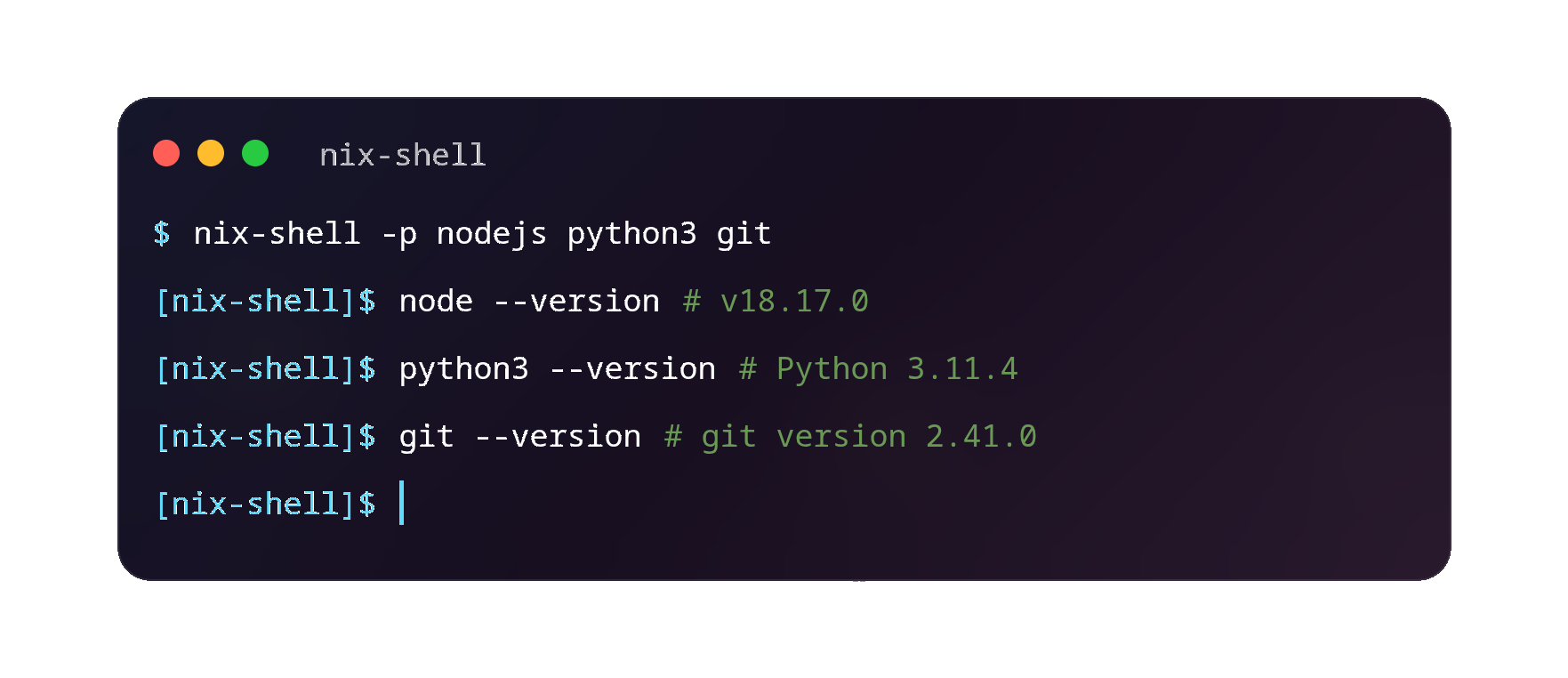Shell quick tips: Bash incognito mode
Shell history is essential but sometimes undesired and has to be disabled.
This is often the case when working with API keys, passwords or any type of
credentials. I often find myself using API keys like that when working on a
new script or doing some simple API tests with curl.
Bash, allows disabling history using:
set +o history
but this is not very convenient as the history is disabled in the running session as well so, jumping back is no longer possible.







